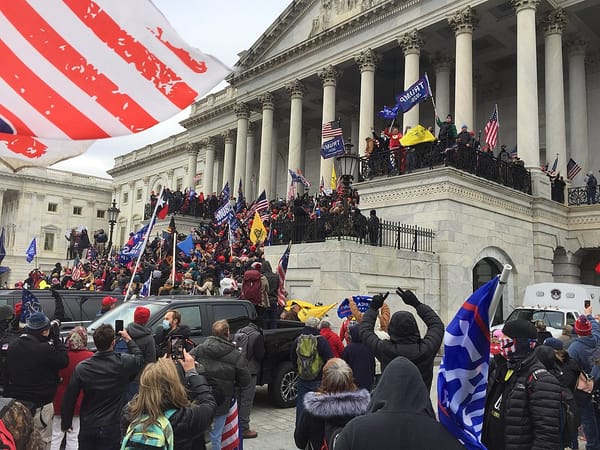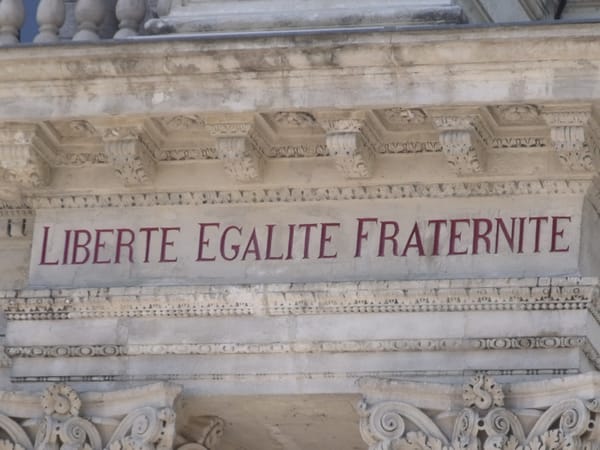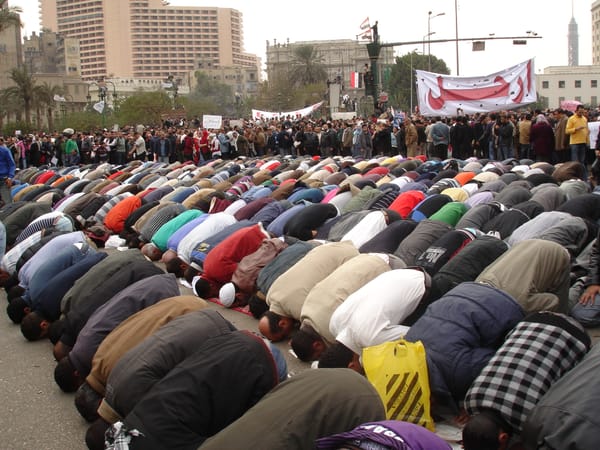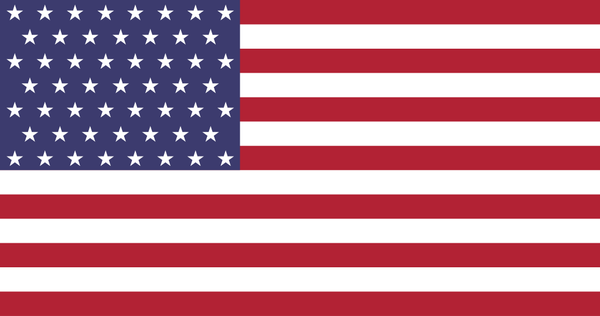Decolonizing Politics: An Interview With Robbie Shilliam
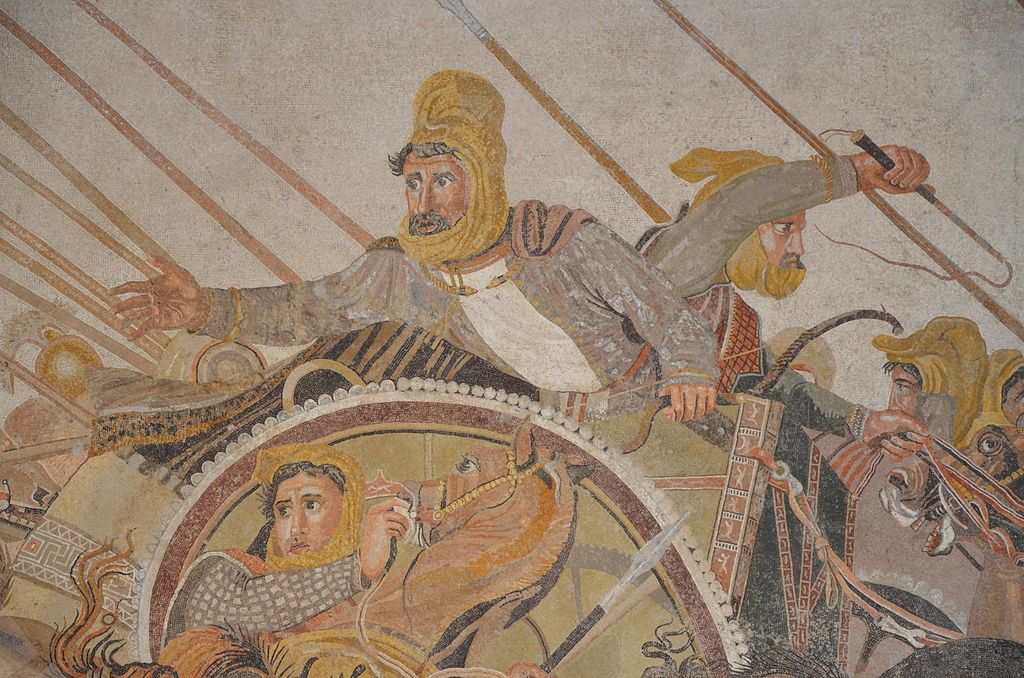
“It was a bit random,” Robbie Shilliam tells me of his decision to become a political scientist. A professor at Johns Hopkins, Shilliam returned to school in his late twenties, planning to major in history. But he happened to see a poster about the UN, and suddenly thought he could be a diplomat. So he started to study international relations.
“But within the first year,” he told me, “I realized that you had to be born into certain families to be a diplomat. And I wasn’t from one of those families! So I figured the next best thing is to be an academic.”
Shilliam tells that story with a laugh. But there’s a serious message there about how power affects not just politics, but the study of politics. His latest book, Decolonizing Politics: An Introduction (Polity) is a short, accessible look at how political science has been shaped and influenced by politics—and especially by the politics of colonialism and racism. Starting with an account of how Aristotle was influenced by being an immigrant and a refugee, Shilliam moves through the subfields of political science—political theory, political behavior, comparative politics, international relations. He explores how they were developed as colonial technologies, intended to justify and rationalize subjugation. And he proposes ways they might be reworked with better goals in mind.
This interview has been edited for length and clarity.
So your argument is that the discipline of political science was essentially created to advance colonial interests. Is that right?
That’s correct. The beginning of the formal discipline of political science was wrapped up in questions about a diverse citizenry, worries about the racial impurity of that citizenry, and how that might affect the smooth operation of democracy.
The study of issues which we associate with political science, like citizenship, nation state power—those were all theorized in the enlightenment and in the 19th century by reference to Empire, colonialism, and racism.
I’m not claiming that all politics has a colonial logic. But the field of political science and its most influential logics do have colonial departure points.
You locate the beginnings of political science in the 19th century. So why do you talk about thinkers like Aristotle and Kant who were influential before that period?
One of the reasons is to answer people who might say to me, “But what about the Enlightenment thinkers? What about Hobbes and Locke?” Or they can point to Aristotle and say, “Isn’t the study of politics a timeless pursuit of humanity? Is colonialism a trans-historical phenomenon?”
So I start with Aristotle not to make the claim that colonialism is trans-historical, but to say that you can read Aristotle as a thinker of empire. He talks about settler colonialism. He talks about the damage that empire does to democracy.
So I’m trying to challenge people who want to think that there is a place they can run to which is unaffected and pure of colonial racist logic. And I understand why people want to do that because none of us really want to be infused or involved in those logics, But nonetheless we have to work through them.
And that’s why in each chapter, I have two elements. First, I recontextualize and reconceptualize the thought of some key mainstream thinkers. I then provide another perspective through thinkers and movements who are explicitly anti-colonial and antiracist.
So for example, in the political theory chapter, it talks about universal rights. And then it does a juxtaposition between Kant’s theories of universal rights and Caribbean thinker Sylvia Wynter, who has a very different description of how we get away from racism and of how we pursue the question of what it means to be human.
You talk about comparative politics and how it originally developed as a sub-field during the Cold War. And at that time the United States was seen as the ideal, and other countries were seen as more or less developed depending on how much they were like the United States. So, how do you get a comparative politics without those kinds of colonialist assumptions about what development means?
The framing through which comparative politics has done its comparisons is through modernization, and by creating a distinction between modern and traditional societies. And that is a framing which directly speaks to the Cold War context. The question which was on everyone’s mind during the Cold War was, which direction will the newly independent polities develop toward. Will they develop towards the Soviet Union? Or will they develop towards the US?
I would say comparative politics was one of the subfields which tried its best to make a break from colonial logics. [American political scientist] Lucian Pye for example tried to move away from thinking in terms of barbarities and civilized, or primitive and civilized, or non-European and Europeans.
But the ways in which they tried to avoid racism and colonialism often smuggled in colonial logics through language which was deemed to be scientific or neutral. And that’s still quite a challenge for us in political science as a whole. There are so many terms to do with, for example, social cohesion, which are polite words for talking about race and immigration.
My point in the book is to try to get us to think about whether the way we are arranging things and categorizing things—do those logics still operate on colonial foundations?
One of the things you suggest in the book as a topic for comparative politics is talking about how colonialism has affected different countries.
Yeah, that’s right.
For example, in the field of international relations, one of its big comparative pushes in the recent past has been to talk about failed states, weak states, and strong states. But the ways in which it does that, and the criteria it uses to evaluate what might be weak or strong, oftentimes elides the past and ongoing relations which have come to comprise these polities.
And that’s why in the book I use [Guyanese Marxist and Pan-Africanist historian] Walter Rodney as a counterpoint. Walter understood that you can’t talk about the underdeveloped without talking about how, in some ways, the developed became developed by underdeveloping others. The trajectory of development isn’t all internal to a particular polity. It’s relational.
So, for example, it would be patently inadequate, analytically, to look at Afghanistan right now, and to determine its stability and its democracy with no reference to a 20-year war, with the US and the West, as well as before that with the Soviet Union. I think those are the kind of issues which we need to think more about when we’re doing comparative politics.
You mentioned international relations. In your book you talk about how international relations is a pessimistic subfield, because it’s nostalgic for a colonial order.
Yes. Pessimism has been a feature of moral philosophy for forever; a pessimistic understanding of human experience, and human potential is nothing new.
But I would say that international relations, in its formation, was defined by a very particular pessimism. And that pessimism is about the ability of white policies and white administrators to rule and govern over Imperial hinterlands. It’s about the fact that those who were colonized and who were subjugated by imperialism actually thought that they could govern themselves better. It has to do with a sense of losing control of imperial administration and it has to do with the loss of racial supremacy.
So how do we get to a more optimistic theory of international relations?
When it comes to optimism— I wouldn’t talk about optimism. But I would talk about coming to terms with an idea and a pursuit of global governance which is not predicated upon racial hierarchies. It’s creating global governance that is not predicated upon colonial logics of hierarchy and segregation, and not predicated on trusteeship in one form or another.
That vision of trusteeship was certainly at work in the Obama administration, and fell apart in Libya and in Syria. But then what replaced it was a white nationalism. And white nationalism is not an overcoming of this colonial logic. It’s very deeply embedded in it. Building borders, purifying the population, and putting those people who supposedly don’t fit into the population back into their place— then saying goodbye to the rest of the world because it can’t be saved. Well, it can’t be saved along imperial and racist logics!
It will be very interesting to see what happens from now on, especially with Biden. White nationalism and “white pessimism” is obviously not adequate. But neither is the paternalism that substitutes redress for past wrongs with hope for future arrangements. And so how does the West renegotiate its position in the world without recourse to war and violence? That’s the question of the next ten years.
Featured Image is the Alexander Mosaic

